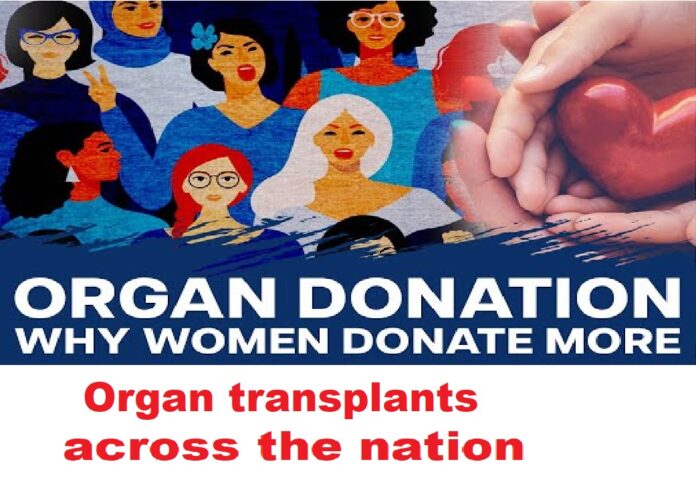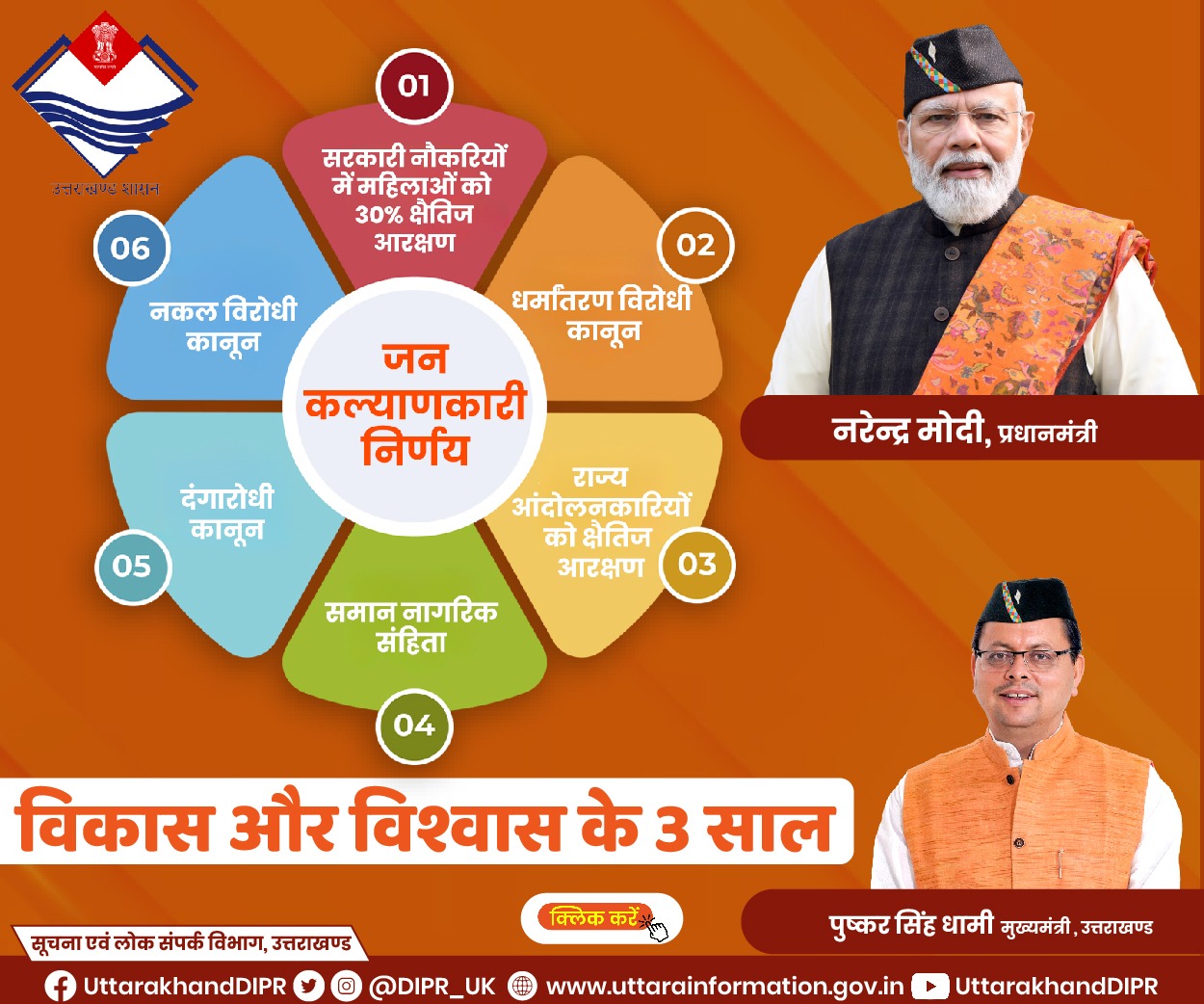(News Trust of India) : From 1995 to 2021, among a total of 36,640 organ transplants including both deceased and living donors, over 80% were operated on males, as revealed by the government in its response to a query in the Lok Sabha. The gender distribution stands at a ratio of 4:1.
The administration has reported that out of the aforementioned 36,640 organ transplants involving both deceased and living donors from 1995 to 2021, more than 80% were carried out on males. It was stressed by the government that initiatives are being conducted to tackle gender inequity within the region. Minister of State for Health SP Singh Baghel, in a written response to a query in the Lok Sabha, reported that out of the total transplants, 29,695 were performed on males and 6,945 on girls, resulting in a ratio of nearly 4:1.
It was reported that four-fifths of organ recipients are guys
Nevertheless, the proportion of females undergoing organ transplants climbed from 27.6% in 2019 to over 30% in 2022. This response was spurred by a query presented by K. G. Madhav, an MP from the YSR Congress Party. Madhav had queried whether the administration was aware that between 1995 and 2021, four out of five organ recipients in the country were boys and what actions were being taken to address this issue.
This information was supplied by the Ministry of Health
In his response, Baghel noted that the administration has launched the National Organ Transplant Programme, through which efforts have been made to promote awareness regarding organ donation. To address the rise of gender imbalance in organ transplantation, the Health Ministry is conducting regular workshops targeted at developing awareness and sensitivity.
Minister of State for Health SP Baghel further elaborated that various ethical initiatives concerning organ donation and transplantation are being undertaken in collaboration with a range of stakeholders, including representatives from state governments, legal experts, law enforcement personnel, non-governmental organizations, and healthcare professionals from institutions/hospitals, among others.



